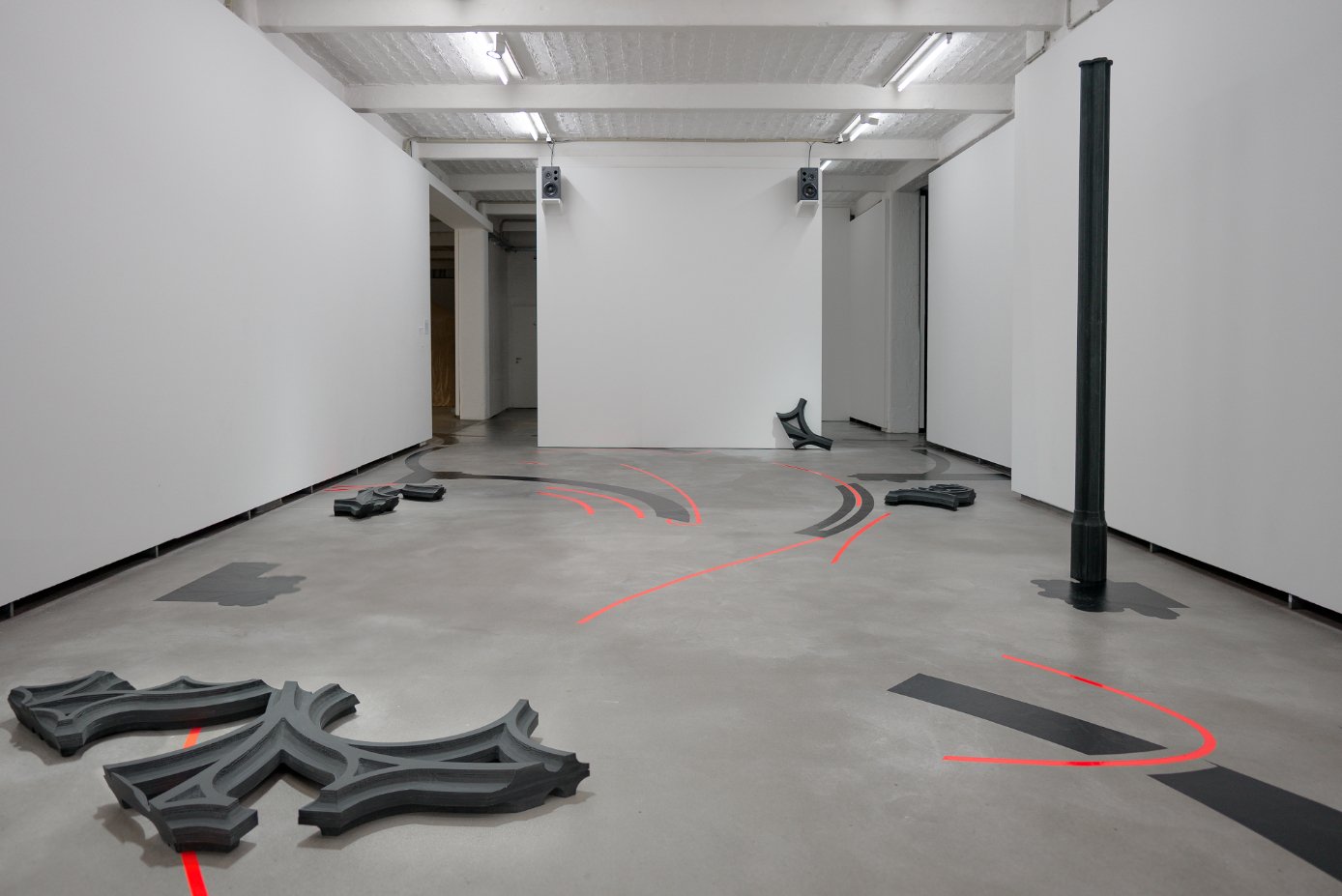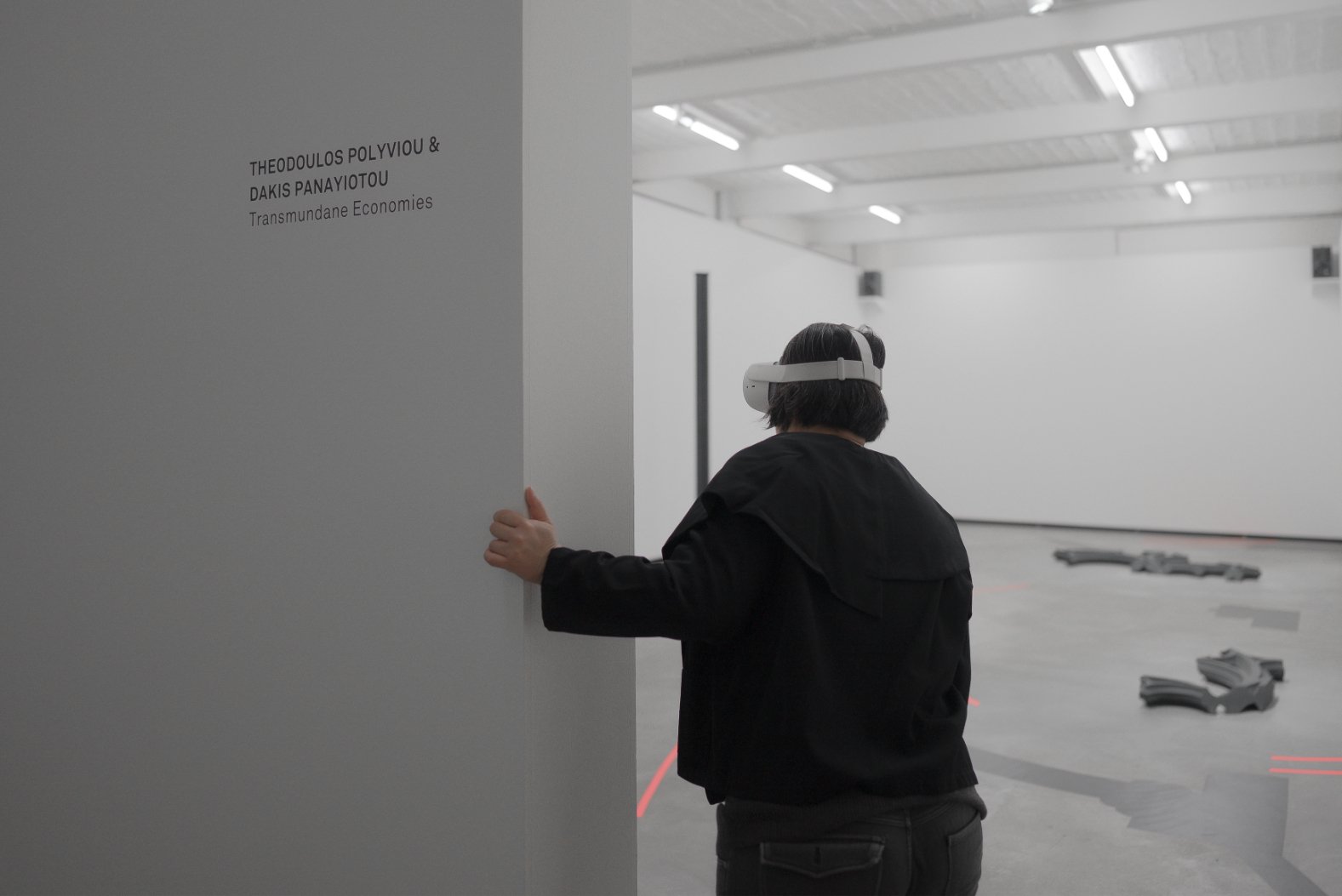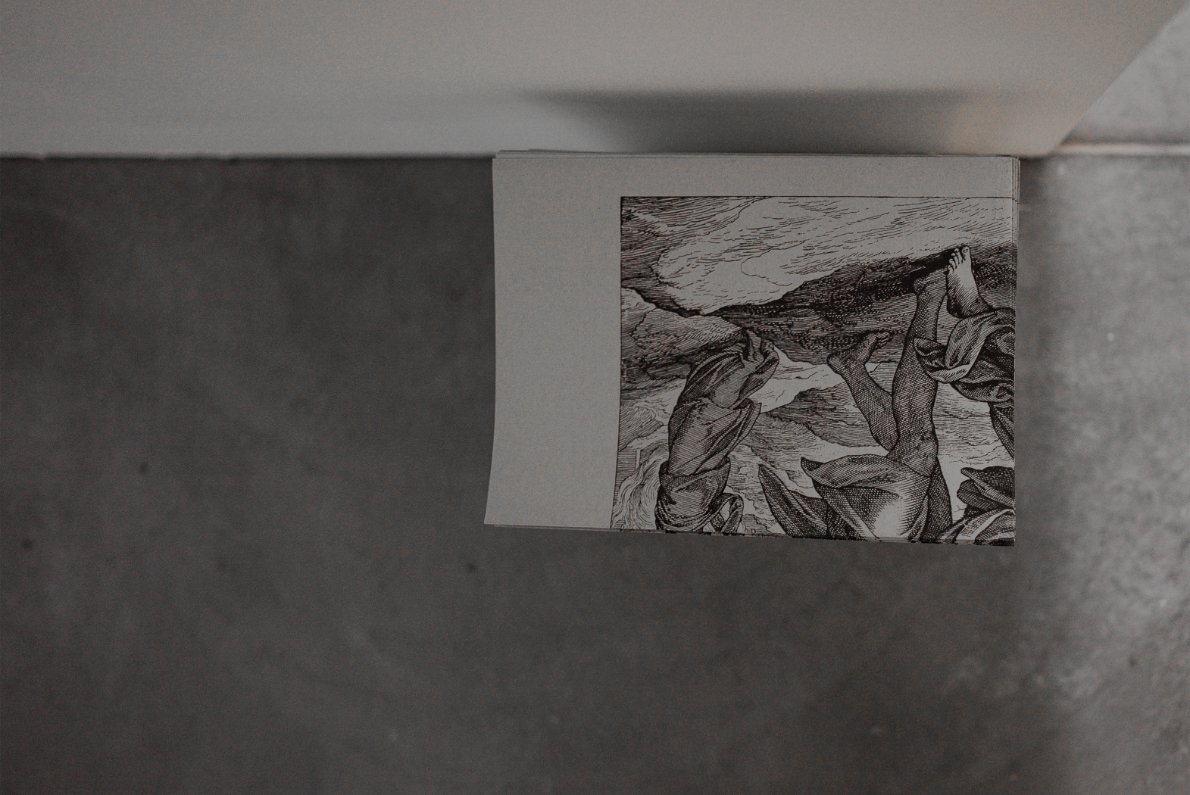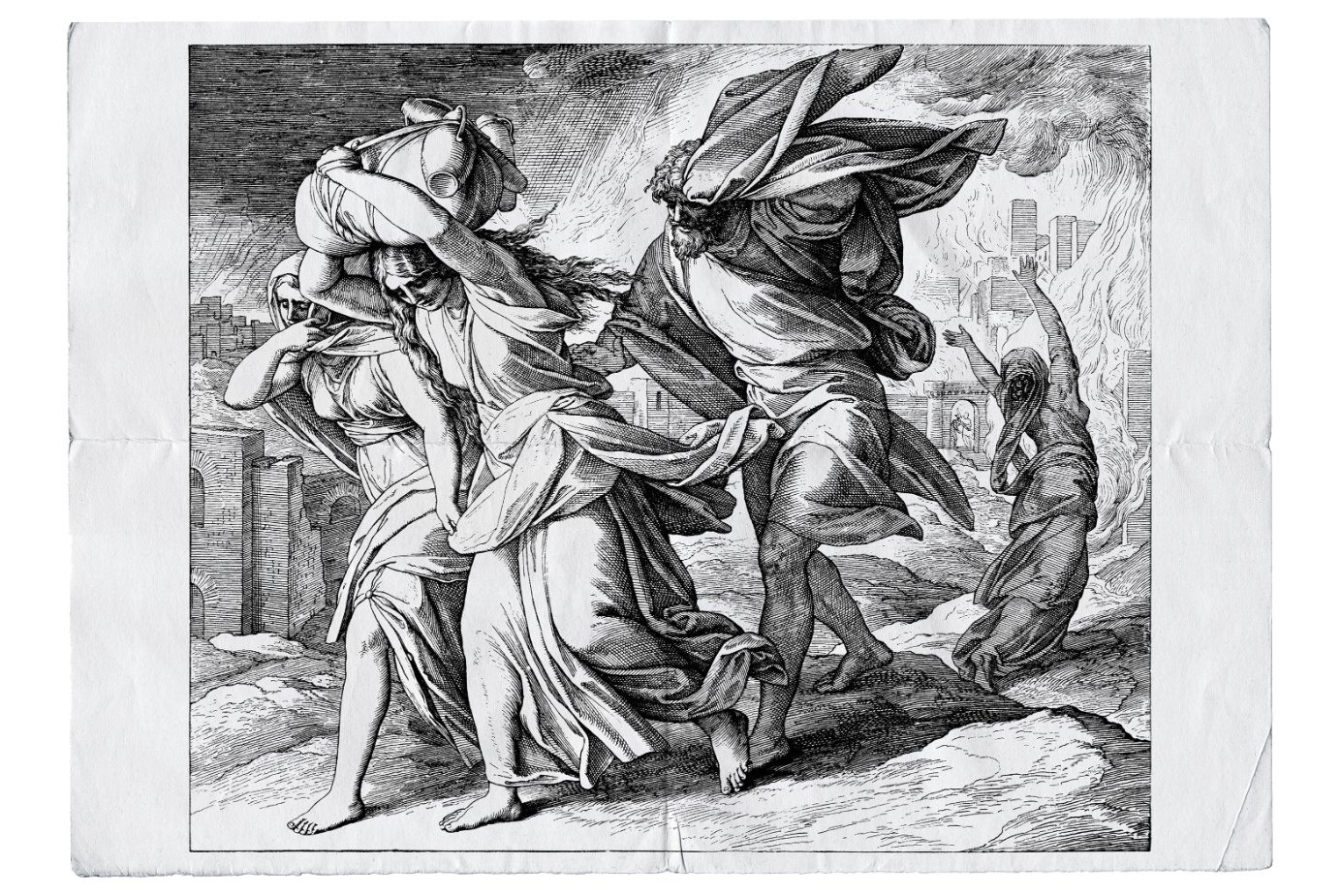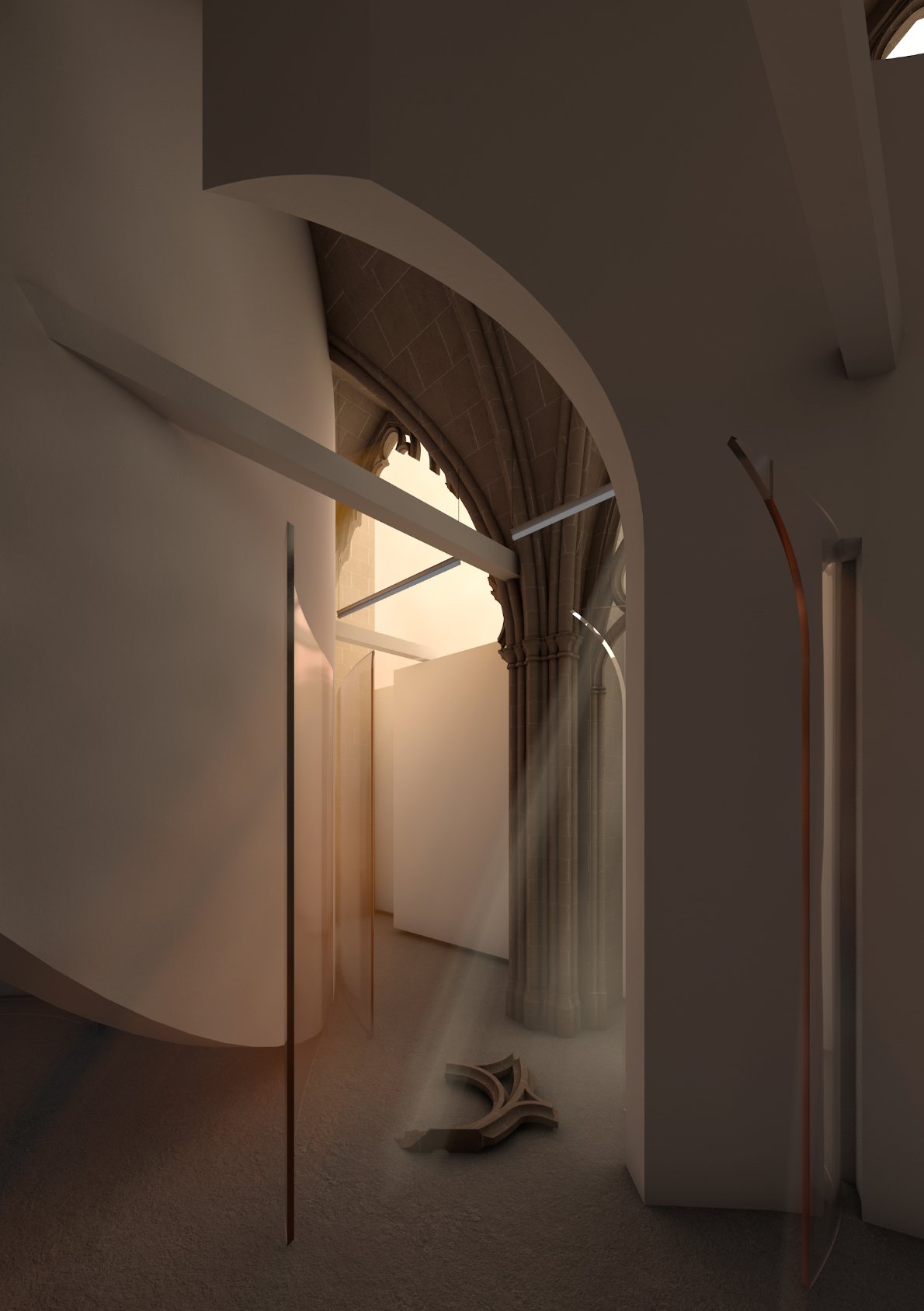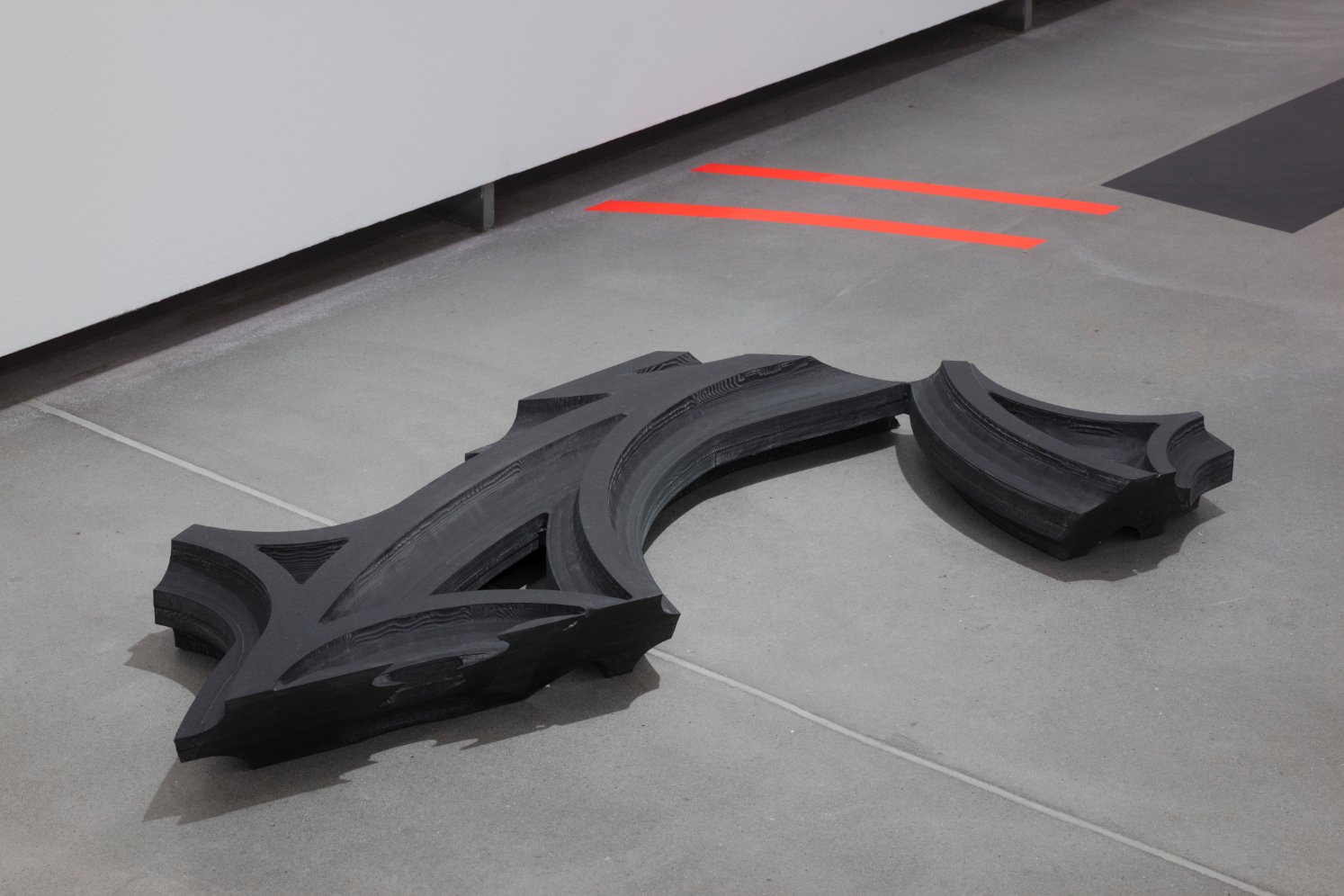Theodoulos Polyviou is an artist whose practice explores the multilayered spaces where queerness, spirituality, and cultural heritage overlap across physical and digital worlds. Often utilizing virtual reality (VR) technology, Theo’s work also features architectural and sculptural elements, text, and sound, resulting in installations that are at once intellectually deep and sensuous to experience. He has participated in numerous exhibitions and residencies throughout Europe, and has a forthcoming project in Lecce, Italy, later this year. I met Theo on the occasion of his recent exhibition Transmundane Economies at Künstlerhaus Bethanien in Berlin, where he has pursued a long-term artist residency. As an art critic, I’m usually hesitant and skeptical regarding the experience of art in virtual reality. But I found how Theo uses VR in Transmundane Economies to construct a “ritual space” that conjoins queerness, religion, and Cypriot cultural heritage to be profound and compelling. So I’ve met with him again to find out more. Read more.
Theodoulos Polyviou & Dakis Panayiotou Present Transmundane Economies @ Künstlerhaus Bethanien In Berlin
Bellapais Abbey, a ruin of a monastery in northern Cyprus built in the 13th century, is the subject of investigation for the site-specific virtual installation Transmundane Economies. A relic of many lives, following the different colonial periods over the centuries, the monastery went through changes, architectural but also cultural, organizational and operational.
Theo & Daki address the long-lasting shape-shifting history of Bellapais Abbey to discuss the codes and hierarchies that over the years have been established and inscribed on it. Starting from the architectural structure as well as the ceremonial use of the place while examining its narratives, liturgy and history, the artists speculate on the relation-ship between queerness, restoration and reinvention.
Visitors to the exhibition are immersed in the partial reconstruction — based on drawings by George Jeffrey from 1912 — of the Gothic refectory of the monastery by means of VR technology. Alternative paths and possible uses that deviate from colonial interventions of the past, become free and accessible in this way. The virtual architecture, which in its digital translation appears to be sacred, yet free of Christian intentions, in turn, exposes the socio-political fabrication of the monastery. Next to this conceptual grounding, by virtually transposing the site into the gallery space, the artists turn the ruin into an event rather than an object, proposing in this way an alternative to acquisition.
The Cypriot Orthodox Church exerts a strong influence on the political affairs of the island and participates in the instrumentalization of the national collectivity, often through the superintendence of gender and sexuality by claiming to protect the Greek Cypriots from ‘the ethnic other’ as described by Nayia Kamenou in her text Sexuality, Gender and Nationhood in Cyprus and hence exploiting the country’s postcolonial milieux. The queer community on the whole island is therefore not only subjected to marginalization based on their sexuality but all the processes of identity formation that constitute their bodies; race, class and gender. Transmundane Economies is an offer to discuss mechanisms of inclusion and exclusion, and think of the potentiality of any place to transcend its own physicality and hence escape its embodied ideological charge and power. Writer Jazmina Figueroa has been commissioned to arrange a sound piece for the installation.
Transmundane Economies is on view through February 6 @ Künstlerhaus Bethanien Kottbusser Straße 10
10999 Berlin.


